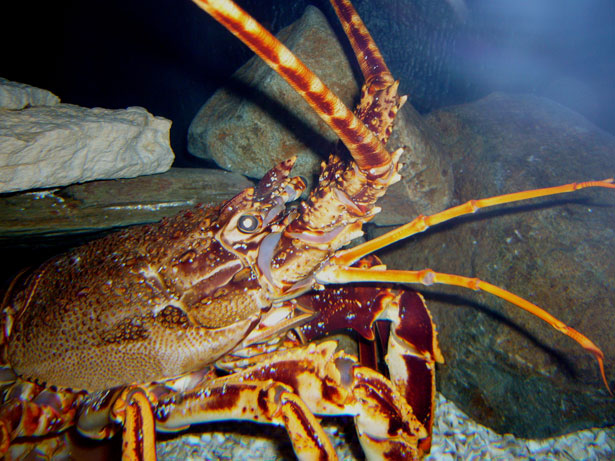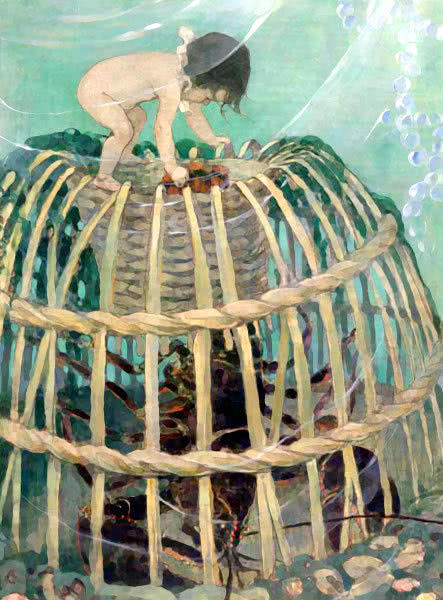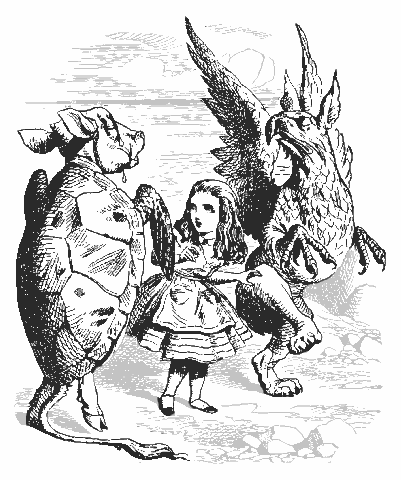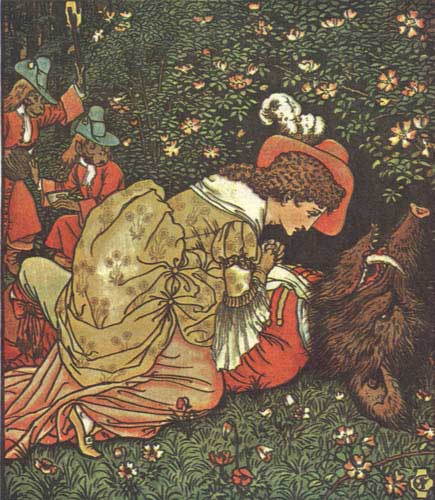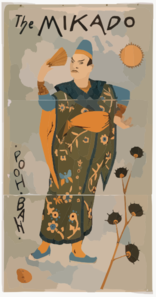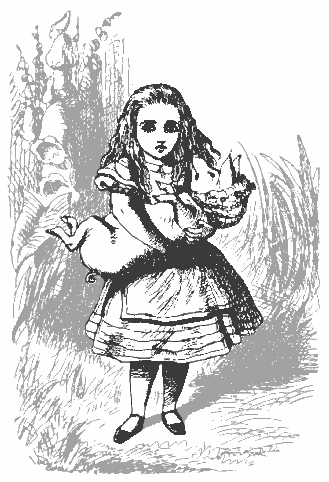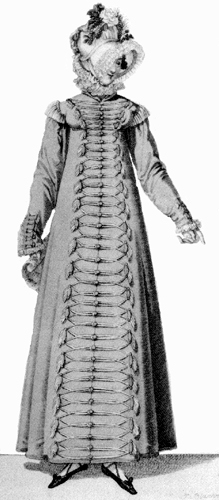So, the language of magic. Unlike most languages, this one is specially constructed so that no one can understand it.
Some magic words are all about pattern rather than meaning, like abracadabra:
A - B - R - A - C - A - D - A - B - R - A
A - B - R - A - C - A - D - A - B - R
A - B - R - A - C - A - D - A - B
A - B - R - A - C - A - D - A
A - B - R - A - C - A - D
A - B - R - A - C - A
A - B - R - A - C
A - B - R - A
A - B - R
A - B
A
A - B - R - A - C - A - D - A - B - R
A - B - R - A - C - A - D - A - B
A - B - R - A - C - A - D - A
A - B - R - A - C - A - D
A - B - R - A - C - A
A - B - R - A - C
A - B - R - A
A - B - R
A - B
A
Sometimes magic words are plain nonsense, like bippity, boppity, boo.
Sometimes a magic word is in a language no one's spoken for...ooh, ages. Hocus pocus, for example, may be short for the sort-of Latin phrase hax pax max Deus adimax, or perhaps it's based on a bit of the Latin Mass.
On the other hand, hocus pocus may have been originally Ochus Bochus (who may be the Greek god Bacchus) or it may be from the Welsh Hovea Pwca, which means goblin's trick (Pwca being the same person as Puck.)
Not knowing the origin of hocus pocus is rather the point, of course, because if you can peg a thing down so you can understand it thoroughly then it can't be magic at all.
If people do happen to understand a word, then the letters of the word are quite likely to be mixed up in some way before it's used in magic.
Word To Use Today: Halloween. The hallow bit comes from the Old English hālgian, from hālig, which means holy, and the een bit is short for even, which means eve or evening and comes from the Old English ǣfen.
It may seem a bit odd that the word Halloween is anything to do with holy unless you know that tomorrow, November 1st, is All Saints Day.
The saints, luckily, always come out on top.
**All best wishes to the victims of Storm Sandy. We're thinking of you, and in England we've even taken a day off from moaning about the weather.








